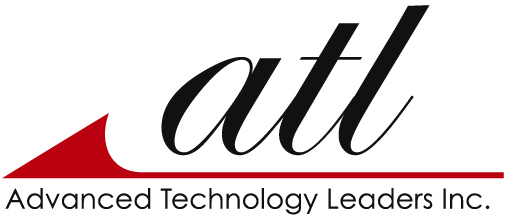ATL uses the Software Development Life Cycle (SDLC) process for building products that meet technical specifications and user requirements. The SDLC provides an international standard that software companies can use to build and improve their computer programs. It offers a defined structure for development teams to follow in the design, creation, and maintenance of high-quality software. ATL develops new applications from beginning to end while maintaining existing applications. ATL uses innovative data visualization and presentation techniques to create code capable of meeting customers system standards. ATL’s analytical methods efficiently address software system requirements and apply technical standards, principles, theories, and techniques. ATL software developers code, test, debug, implement, and document programs and technical solutions while adhering to coding standards defined by technical management.
ATL understands standard systems development lifecycle processes and applies appropriate methodologies in client engagements, participates in functional requirements and design document and other system lifecycle documentation to meet SDLC requirements. ATL ensures the creation of appropriate documentation in work assignments such as program code, and technical documentation while gathering information from existing systems, to analyze program and time requirements. ATL works with clients and management to resolve issues and validate programming requirements within their areas of responsibility. ATL has vast experience with programming languages such as Java, C++, Python and database systems experience with SQL Server. Oracle provides the platform to provide the most efficient and cost-effective solutions for customers system specifications and business requirements.
We have experience developing capabilities in the following areas:
- Mobile Applications (iOS, Android)
- Machine Learning
- Data Science and Data Analysis
- Cyber Operations
- Systems and Network Monitoring
- Open Source Information Collection and Aggregation
- Learning Management Systems
- Software Vulnerability Detection
- Network Automation
- Cloud Automation
- Interactive Web Applications
- Language Analysis
- Automated Systems Hardening
- Administrative Process Automation
- Robotic Process Automation (RPA)
- Metrics Collection and On-demand Report Generation
- Embedded Systems
- Software Defined Radio (SDR) and Signal Analysis

